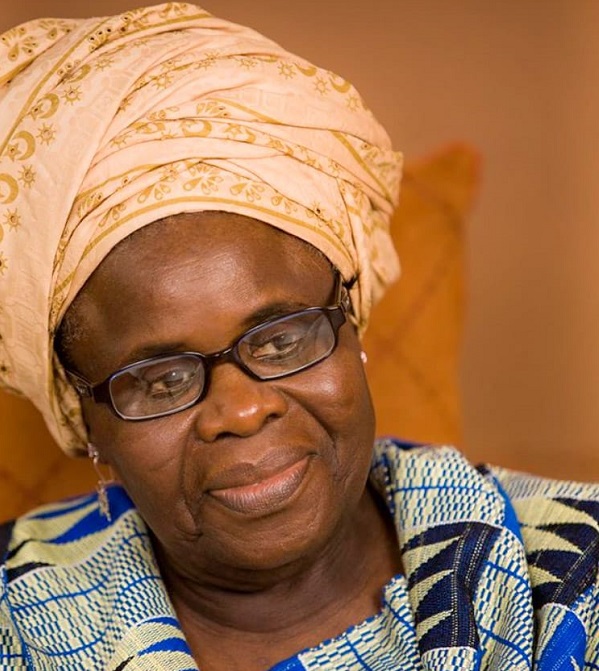The literary world has been rocked by the passing away of one of the pillars of literature in Africa; Professor Ama Ata Aidoo, one of Africa's most celebrated authors and playwrights.
Ghana’s Ama Ata Aidoo, died aged 81, last Monday. Family sources said that she had been unwell for some time.
Professor Aidoo, who was noted for her depiction of the social condition of African women in her works, was one the last of the post-independence cohort of writers who became titans of the craft.
They included the likes of Efua Sutherland, Kofi Awoonor, Gyinaye Kyei, Francis Selormey and Joe de Graft, among others. Luckily, Ayi Kwei Armah is perhaps the only surviving member of that group of writers and intellectuals whose work defined a specific genre identified as Ghanaian literature.
Ama Ata Aidoo’s works included acclaimed works such as ‘The Dilemma of a Ghost’, ‘Our Sister Killjoy’ and ‘Changes’. Ata Aidoo won many literary awards for her novels, plays and poems, including the 1992 Commonwealth Writers Prize for Changes, a love story about a statistician who divorces her first husband and enters into a polygamous marriage.
She was, for many years, a university lecturer at the University of Cape Coast, where she nurtured generations of scholars, writers, teachers and public servants. She also served as education minister in the early 1980s but resigned when she could not make education free.
She went into self-exile in Zimbabwe, where she lived and worked as a university lecturer for many years. She later returned to Ghana as a full-time lecturer.
Among the many undertakings she provided to the literary scene in Ghana in her later years, she served as the Chair of the Ghana Association of Writers Book Festival, from its inception in 2011.
She will be sorely missed by her countless readers and admirers around the world. Since her passing, her famous quotation about Africa’s venomous encounter with colonialism has been making the rounds. It sums up her work and its central conviction.

